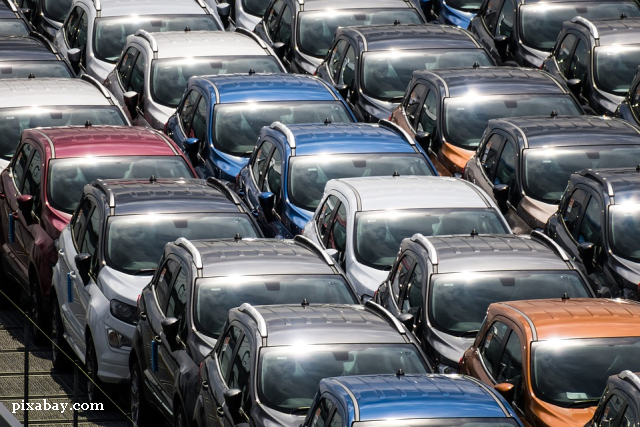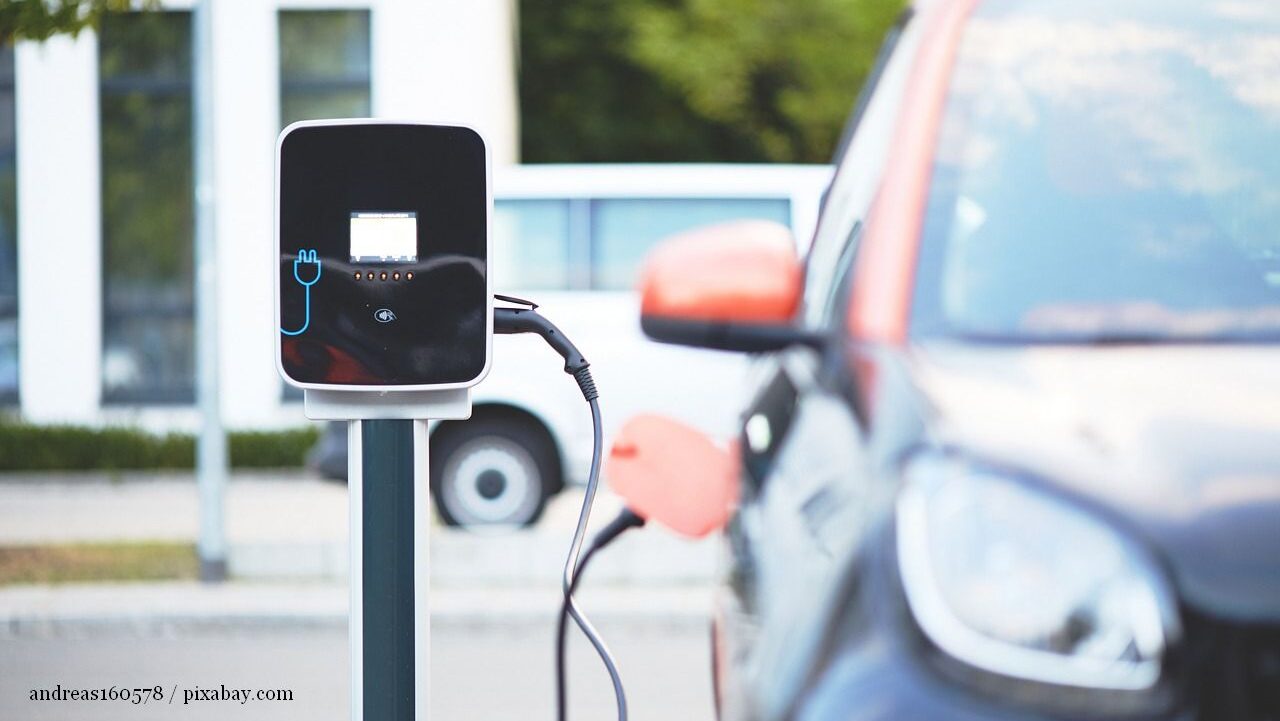Record-high car output
The domestic car output has seen a record level in Romania

Leyla Cheamil, 26.01.2024, 13:50
Last year, Romania saw a record-high increase in its domestic car output, to more than 4% above the total number of cars reported in 2019. According to Adrian Sandu, secretary general of the Romanian Carmakers Association, this increase was possible thanks to the efforts of the 2 local manufacturers, Dacia and Ford. The Romanian carmaker Dacia was set up in the mid-1960s, following a cooperation agreement with the French manufacturer Renault, which in 1999 took over 51% of the companys stock. In turn, Ford Romania, based in Craiova (south), is a subsidiary of the US producer Ford. Adrian Sandu believes the record is owing to the solutions identified by the 2 companies to the shortage of electronic components:
Adrian Sandu: „The teams in both Dacia and Ford did their best to ensure a steady parts supply flow, so that, aided by a substantial demand, we were able to see a new record for the Romanian automotive industry, with some 513,000 units produced in 2023. We are hoping the year 2024 will bring further development, we hope for a new record to be reached this year, but this depends on the supply element, on steady or even growing demand for products made in Romania in the Western European and international market.ˮ
On the other hand, the number of new automobiles registered in Romania went up 11.6% in 2023 compared to the previous year, with EV registrations witnessing an increase by over 25%, to a market share of nearly 24%, according to data made public by the General Directorate for Driving Licenses and Vehicles Registration and processed by the Association of Automobile Producers and Importers.
According to statistics, the best-selling vehicle brand in Romania in 2023 was Dacia, with over 46,000 units, followed by Renault, with over 15,000. In 2023, Dacia Spring was also the best-selling EV brand in Romania, with nearly 6,900 units.
It is also worth noting that in Europe, Dacia sales increased by some 17% last year, and the carmaker reached a market share of 4.3%, as against 4.2% in 2022, according to the figures released on Thursday by the European Automobile Manufacturers Association. The report covers EU member countries, the UK and the European Free Trade Association (EFTA), namely Iceland, Liechtenstein, Norway and Switzerland. (AMP)






























